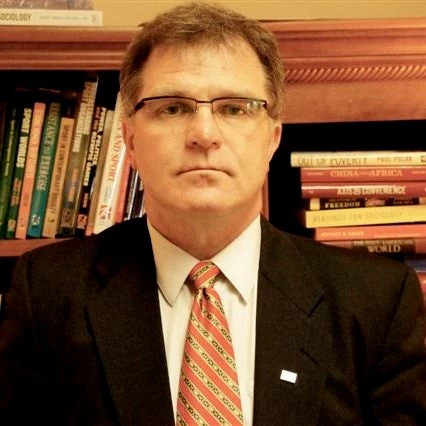
I sat down with Professor Sibilski himself to learn more about this inspiring story.
Yohan Senarath: Did you ever expect this project to end up delivering a UN resolution?
Professor Leszek Sibilski: Well Yohan, I strongly believe that it was part of my destiny to help bring this to fruition. Let me explain why. For ten years I was a member of the Polish national cycling team. I obtained my Masters in physical education with a specialty in cycling. After that, I worked as a sports reporter for the Polish equivalent of Sports Illustrated, covering professional cycling around the world. Cycling was my life. Now, combine all this cycling experience with my commitment to social work. I completed my PhD in Applied Sociology specializing in Social Action and Social Movements, and at one time served as a member of the Experts Group that was helping to put together the UN Convention on the Rights of Persons with Disabilities. In other words, I was a cyclist who wanted to make a difference!
YS: When and how did you first start advocating for a day dedicated to cycling?
LS: It all began with two blog posts that I wrote. The first one, in February 2015, was titled "Cycling is Everyone's Business." A year later I penned another blog, titled "Why is there no World Day for the Bicycle,” arguing that the bicycle deserved to be celebrated given its contribution to human wellbeing. This article struck a chord. Two weeks later, I was delivering the first presentation at the “Scientists for Cycling” colloquium in Taipei, Taiwan, presenting my case for a World Bicycle Day. My talk proved to be persuasive: during the final speech, the conference recognized that the dedication of a day to celebrate the bicycle would indeed be welcome.

to the United Nations in New York
YS: How did Turkmenistan end up sponsoring this resolution?
LS: Well, our initial pitch was in 2016 to a UN ambassador representing a completely different country, considered to be one of the most bicycle-friendly nations on earth. To my surprise, he refused to take this on. With this rejection, many organizations that had been supportive of the idea suddenly lost interest.
However, I refused to lose hope. Inspired by a blog post titled Why Sustainable Mobility Matters, I reached out to the World Bank in search of other sustainable transport champions with whom I could discuss this idea. They put me in touch with the Program Manager of the Sustainable Mobility for All initiative (SuM4All), a coalition of leading organizations in the transport sector which have committed to transforming the sector as a way of supporting the Sustainable Development Goals. The manager encouraged me to change my strategy and focus instead on countries that were promoting the sustainable mobility agenda as a whole at the UN. Bearing this advice in mind I approached Turkmenistan. It was a natural choice. Turkmenistan had already made a name for itself championing transport and sustainable mobility at the UN. The country had hosted the first ever global conference on sustainable transport and successfully sponsored resolutions pertaining to transport at the UN.
I connected with Turkmenistan’s Permanent Mission to the UN in New York in late November 2017. To my delight, they agreed to take up this cause. Our professional partnership turned out to be excellent. I brought to the table my knowledge about bicycles and cycling, and the diplomats at the Permanent Mission drew on their knowledge of the UN system. As you can now see, our hard work paid off.
YS: Looking back on this journey, what lessons can you share with those of us who wish to have an impact on the world?
LS: Have passion, perseverance, and be relentless! You know, Yohan, when our initial proposal to the permanent representative of one of the most bicycle friendly countries in the world was rejected, I did not stop trying. At the time, I remembered an inspiring quote from Elon Musk: “When something is important enough, you do it, even if the odds are not in your favor.” I was convinced that this was important enough. I also had to keep an open mind and remain flexible throughout the process, which is how I was able to reconsider my strategy. One must be persistent but also be sensible enough to be flexible when needed.



Join the Conversation